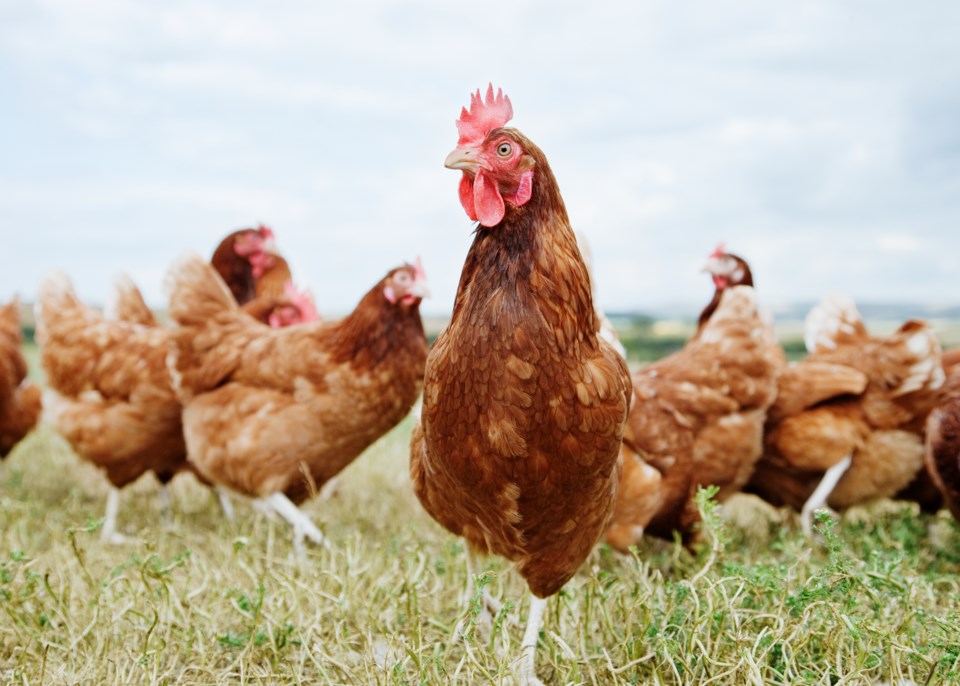Farmers within a 12-kilometre radius in Richmond have been put on alert – after a small poultry flock tested positive for the highly pathogenic H5N1 avian flu.
The infected premises, according to an announcement Wednesday the Canadian Food Inspection Agency (CFIA), has been placed under quarantine.
The CFIA said that, as well as Richmond, a small poultry flock tested positive in Kelowna, which has also been placed under quarantine.
These are the third and fourth small flocks in B.C. that have contracted the virus.
Wild birds tested positive in Vancouver, Delta
Wild birds have tested positive for H5 strains of avian flu in Vancouver, Delta, the Vanderhoof, Lac la Hache (near 100 Mile House) and Bowen Island.
The CFIA has stated that the virus was “presumably” contracted through contact with infected migrating wild birds.
The disease in humans is rare
According to the federal government, avian flu viruses, such as H5N1 in Asia, can, “on rare occasions, cause disease in humans.”
“Transmission to humans has occurred when people have had close contact with infected birds or heavily contaminated environments.
“Due to the potential for human infection, it is recommended that people working with poultry suspected of being infected with avian influenza, or in contact with such poultry, wear protective clothing.
“This includes, face masks, goggles, gloves and boots.”
What should poultry farmers do?
Owners of small or backyard flocks are being urged to continue to be vigilant and have appropriate preventative measures in place.
Measures include:
Eliminating or reducing opportunities for poultry to encounter wild birds;
Reducing human access to the flock;
And increased cleaning, disinfection and sanitization of all items (including clothing and footwear) when entering areas where flocks are housed.
B.C.'s ministry continues to work closely with the CFIA and B.C. poultry producers to ensure enhanced prevention and preparedness measures are in place to protect poultry flocks.
The first confirmation of H5N1 in B.C. poultry was at a commercial producer in the Regional District of North Okanagan in mid-April.
The Wild Bird Mortality Investigation Program toll-free hotline, 1 866 431-2473, accepts reports of dead wild birds from the public.




